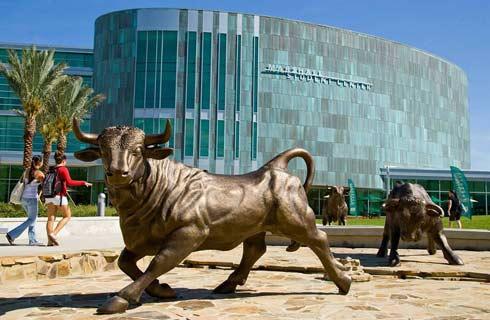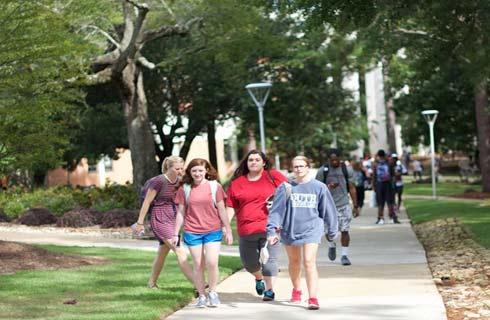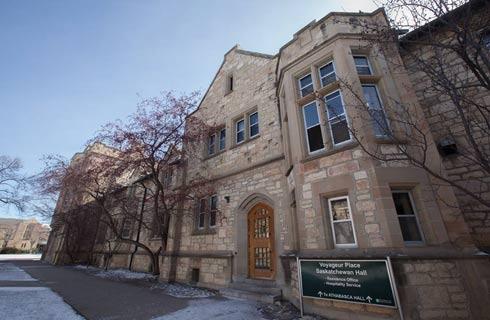MSc Behavioural and Economic Science (Science Track)

学历文凭
Masters Degree (Taught)

专业院系
Psychology

开学时间

课程时长

课程学费

国际学生入学条件
A 2:1 undergraduate degree (or equivalent) in a related subject.
The MSc Behavioural and Economic Science is a quantitative degree and you should feel comfortable taking a mathematical approach to your thinking.
IDP—雅思考试联合主办方

雅思考试总分
7.0
- 雅思总分:7
- 托福网考总分:100
- 托福笔试总分:160
- 其他语言考试:Pearson (Academic) [PTE] - 70 (including 59 + in all components)
CRICOS代码:
申请截止日期: 请与IDP联系 以获取详细信息。
课程简介
相关申请
 预科
预科 奖学金
奖学金 实习机会
实习机会 在校学习
在校学习 跨境学习
跨境学习 校园授课-线上开始
校园授课-线上开始 在线/远程学习
在线/远程学习
开学时间&学费
学费信息仅供参考,请与IDP联系以获取详细信息
| 开学时间 | 时长 | 学费 | 地点 |
|---|
学校排名

世界排名79
数据源:
泰晤士高等教育世界大学排名
关于华威大学

华威大学是一所世界领先的院校(2022年QS世界大学排名第61位),拥有来自约150个国家/地区的29000多名学生。该大学由三个学部组成(文科;社会科学以及科学、工程和医学),55年来一直致力于培养和激励学生从课堂走向职业。大学拥有最先进的课堂设施,帮助学生的智力发展和个人学习。华威大学在英国大学中排名第六(2022年《卫报大学指南》),大学不仅支持学生的主修学科,还积极鼓励他们追求学位以外的科目。大学的专业就业顾问进一步培养学生的技能。他们培养技能、就业能力和为学生在全球就业市场做好准备的行为,使华威大学成为英国毕业生雇主前100名公司的第六大目标大学(2022年的毕业生市场,High Fliers Research Ltd.)。该机构的开拓性工作、不设限的学习态度和跨越边界的工作使其在研究方面得到了国际认可。根据2014年研究卓越框架,华威大学在英国研究型大学中排名第七。学生生活方面,华威大学的校园位于考文垂,是英国排名第五的最佳学生城市(2022年QS最佳学生城市)。市中心近在咫尺,学生可以探索市中心和进行社交。莱明顿温泉、埃文河畔斯特拉特福和肯尼沃斯等城镇也只有很短的距离。英国第二大城市伯明翰离考文垂很近,坐火车到伦敦也只需一个小时。
本校相关课程

妇女与性别研究博士学位
学历文凭
Ph.D.
开学日期
课程费用总额


统计学博士学位
学历文凭
Ph.D.
开学日期
课程费用总额


社会学博士学位
学历文凭
Ph.D.
开学日期
课程费用总额


PhD/MPhil in Renaissance Studies
学历文凭
Ph.D.
开学日期
课程费用总额


心理学硕士/博士学位
学历文凭
Ph.D.
开学日期
课程费用总额


心理学研究理学硕士
学历文凭
Masters Degree (Research)
开学日期
课程费用总额

其他相关课程

政治,哲学和经济学学士
 乐卓博大学
乐卓博大学泰晤士高等教育世界大学排名:267
学历文凭
Bachelor Degree
开学日期
课程费用总额


商科学士-经济学
 詹姆斯·库克大学
詹姆斯·库克大学泰晤士高等教育世界大学排名:361
学历文凭
Bachelor Degree
开学日期
课程费用总额


经济学硕士(研究)
 乐卓博大学
乐卓博大学泰晤士高等教育世界大学排名:267
学历文凭
Masters Degree (Research)
开学日期
课程费用总额


社会科学学士学位(精算学和经济学荣誉学位)
 澳大利亚国立大学
澳大利亚国立大学学历文凭
Bachelor Degree with Honours
开学日期
课程费用总额


理学学士(高级)(荣誉学位)
 澳大利亚国立大学
澳大利亚国立大学学历文凭
Bachelor Degree with Honours
开学日期
课程费用总额


经济学硕士
 墨尔本大学
墨尔本大学学历文凭
Masters Degree (Coursework)
开学日期
课程费用总额










 英国
英国